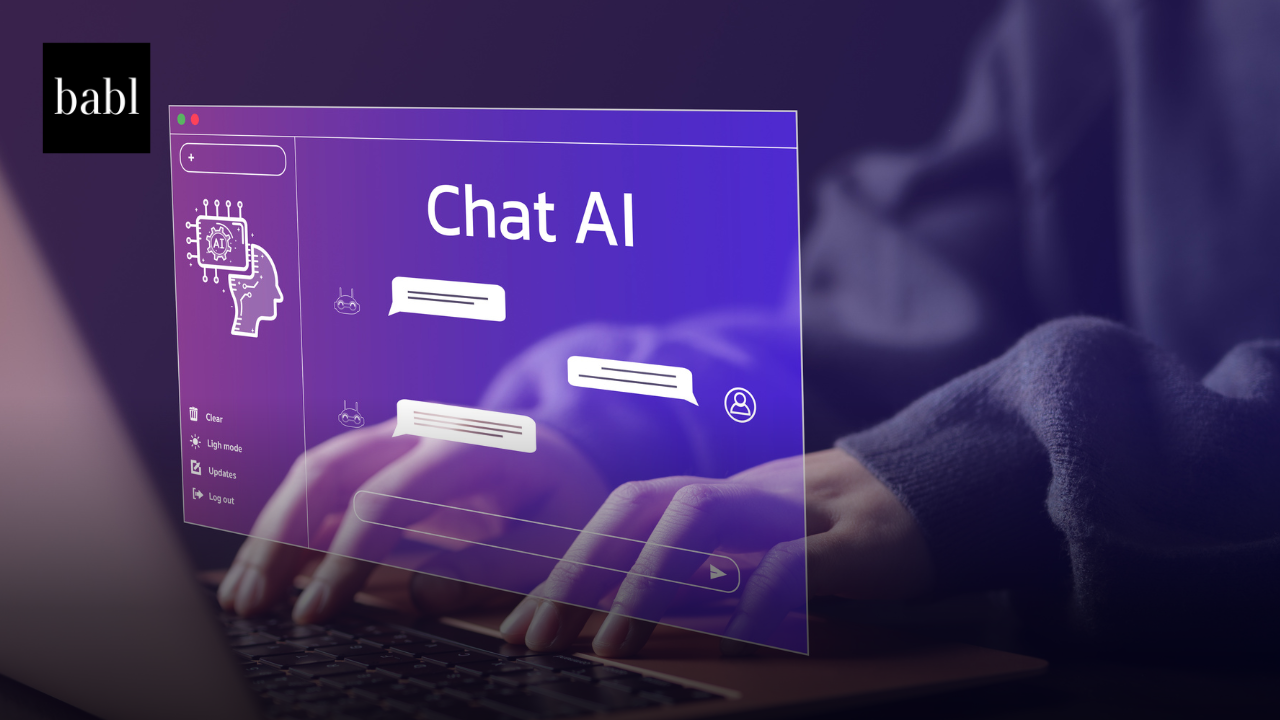A new report from Deloitte highlights a shift in how businesses perceive and deploy generative artificial intelligence (GenAI), moving from early excitement to a more pragmatic, results-driven approach to AI. The Q4 2024 “State of Generative AI in the Enterprise” study, which surveyed nearly 2,800 senior executives across 14 countries, reveals that while interest in GenAI remains high, companies are now prioritizing tangible value creation and long-term integration strategies.
Over the past year, many organizations have transitioned from piloting GenAI tools to scaling their implementations. According to the report, more than two-thirds of respondents indicated that only 30% or fewer of their ongoing AI experiments are expected to be fully scaled in the next three to six months. This suggests that while companies are committed to GenAI, they are taking a cautious approach, carefully evaluating where and how to integrate the technology into their workflows.
The study also notes that while GenAI is becoming a key tool across industries, its adoption remains uneven. The IT sector leads in implementation, followed by cybersecurity, operations, marketing, and customer service. Organizations reporting the highest return on investment from GenAI tend to be those further along in their AI journeys, particularly in industries such as technology, financial services, and healthcare.
Despite growing investment, businesses are encountering several obstacles in their AI adoption strategies. The report identifies regulatory uncertainty as the leading concern, with many organizations hesitant to fully deploy GenAI due to unclear compliance frameworks. Additional barriers include risk management challenges, lack of technical talent, and difficulties in developing a structured adoption strategy.
A significant challenge highlighted in the study is the gap between the expectations of C-suite executives and the realities faced by operational teams. While top executives often have a more optimistic view of GenAI‘s potential, implementation teams are grappling with technical and governance hurdles. The study calls on executives to shift from being “cheerleaders” to “champions” who actively address these barriers to ensure AI initiatives succeed.
One of the report’s key findings is that access to GenAI tools within organizations is still relatively restricted. Less than 40% of employees in surveyed companies have access to GenAI systems, and of those with access, fewer than 60% use the technology on a daily basis. This limited workforce adoption raises concerns about whether companies are providing the necessary training and incentives for employees to integrate AI into their day-to-day tasks.
The Deloitte AI study suggests that organizations need to prioritize workforce readiness by offering broad access to GenAI tools and implementing clear guidelines for their use. Without proper training and engagement, even the most advanced AI solutions may fail to deliver their expected benefits.
Looking ahead, Deloitte’s research identifies “agentic AI” as a rising trend in the AI landscape. This emerging technology refers to AI systems with the ability to execute tasks autonomously, coordinate workflows, and adapt dynamically to new challenges. While agentic AI holds promise for unlocking new efficiencies, the report cautions that many of the same challenges facing traditional GenAI—such as governance, risk management, and data security—still apply.
The Deloitte AI study also notes a shift in how businesses approach GenAI, with companies moving from merely keeping up with technological advancements to leveraging AI for competitive differentiation. Instead of deploying AI for broad, general applications, organizations are increasingly focusing their AI investments on mission-critical areas specific to their industries.
Despite the hurdles, the report finds that most organizations remain committed to AI innovation. More than 70% of companies surveyed expect to take at least a year to resolve their AI adoption challenges, but they also indicate a willingness to invest in AI for the long haul. As AI technologies continue to evolve, businesses that take a structured, strategic approach to AI adoption—prioritizing regulatory compliance, workforce readiness, and industry-specific applications—are expected to reap the greatest benefits.
While the initial hype around GenAI has settled, the technology is now entering a phase of disciplined growth. The organizations that succeed will be those that move beyond experimentation and actively address the challenges of large-scale AI implementation.
Need Help?
If you have questions or concerns about how to navigate the global AI regulatory landscape, don’t hesitate to reach out to BABL AI. Their Audit Experts can offer valuable insight, and ensure you’re informed and compliant.





